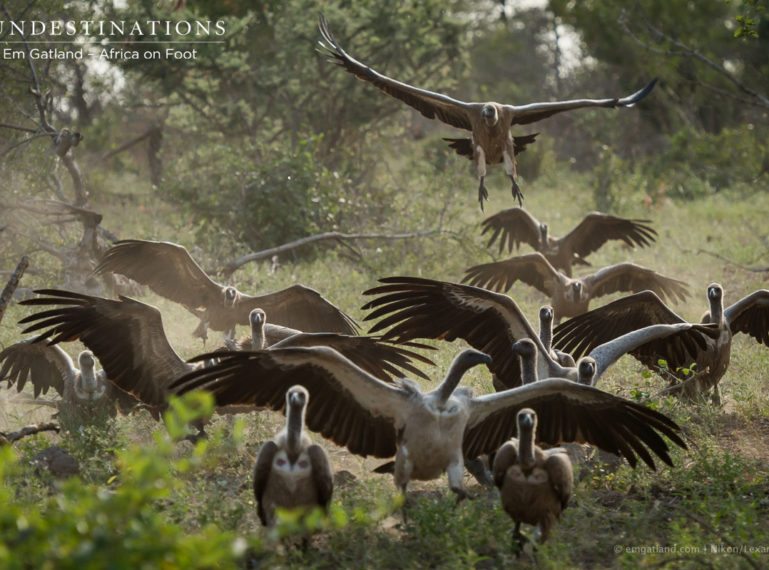
If the hyenas are the clean-up crew of the safari world, then vultures are the grim reapers. When you’re on safari and you see a wake of vultures hovering above an area, you have that foreboding sense of death in the air. Hyenas surround a kill site, waiting in the wings for meaty morsels and bone fragments to satisfy their hunger. Vultures avidly and clumsily descend upon a kill site in the hopes of finding carrion. Both species play a vital role in the ecology of an area and prevent the spread of disease, but they’re not the most sought after animals to spot while on safari. Yet without them, the more revered predators, such as lions, may face disease.
Both vultures and hyenas are the scavenging crew that clean-up after an area and occasionally work in unison to get the job done. Although other smaller scavengers (such as the marabou stork and the jackal) do pick up leftover morsels, they’re not nearly as proficient as the grim reapers and clean-up crew!
Last week, the white-backed vultures and hyena clans were surrounding the remains of a buffalo carcass which was recently killed by the Ross Pride Breakaway lionesses. The hyenas and vultures dined together and cleaned together. There wasn’t much fighting, but certainly plenty of scurrying around, cackling and flapping of wings.
Here are the top 5 ways vultures and hyenas play a part in the ecology of an area:
- Hyenas are scavengers and rather successful hunters. They eliminate the old and sick animals from populations. Hyenas hunt by chasing until exhaustion, so they’ll target they weak.
- The more lions there are in an area, the more prone a hyena is to scavenging. Scavenging is access to “free” food. Through scavenging, they play an active role in the control of natural diseases by disposing of carcasses.
- Each animal in the wild has a different immune system. It appears the spotted hyena has the ability to survive deadly pathogens and even anthrax.
- If a vulture eats the carrion from a diseased animal, the spread of the disease will end there. Their stomachs are so hardy and immune system so strong that they feel no effects from eating flesh riddled with cholera, botulism and even rabies. They don’t act as a host for these diseases because their body will neutralise the deadly pathogens.
- It has been noted, when the decline of vultures goes down in an area, then the spread of disease increases. Vultures are actually killed illegally for their bones, which certain traditions believe hold powers of premonition.
Hyenas and vultures certainly enjoy a somewhat cohesive relationship, vital for the ecology of a reserves. They love to clean-up the remnants of decaying carcasses, discarded meat and innards from predator kills. And they keep our reserves disease free!
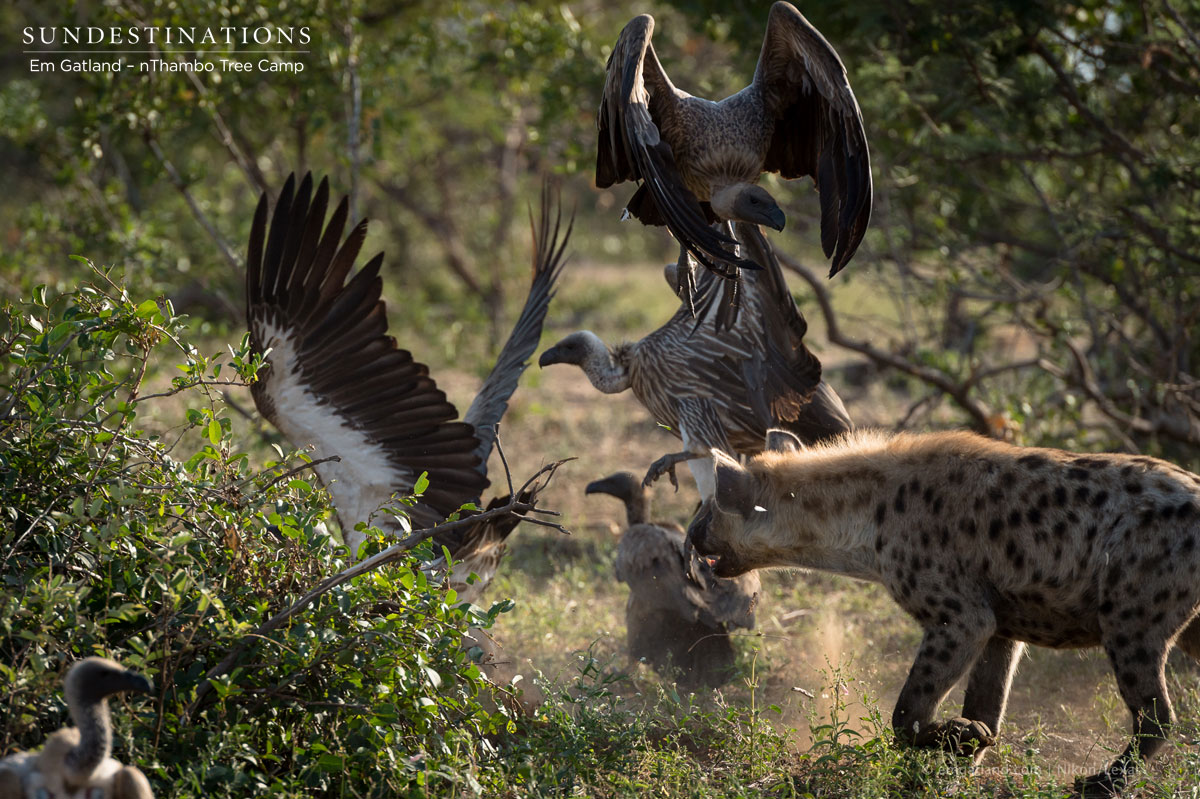

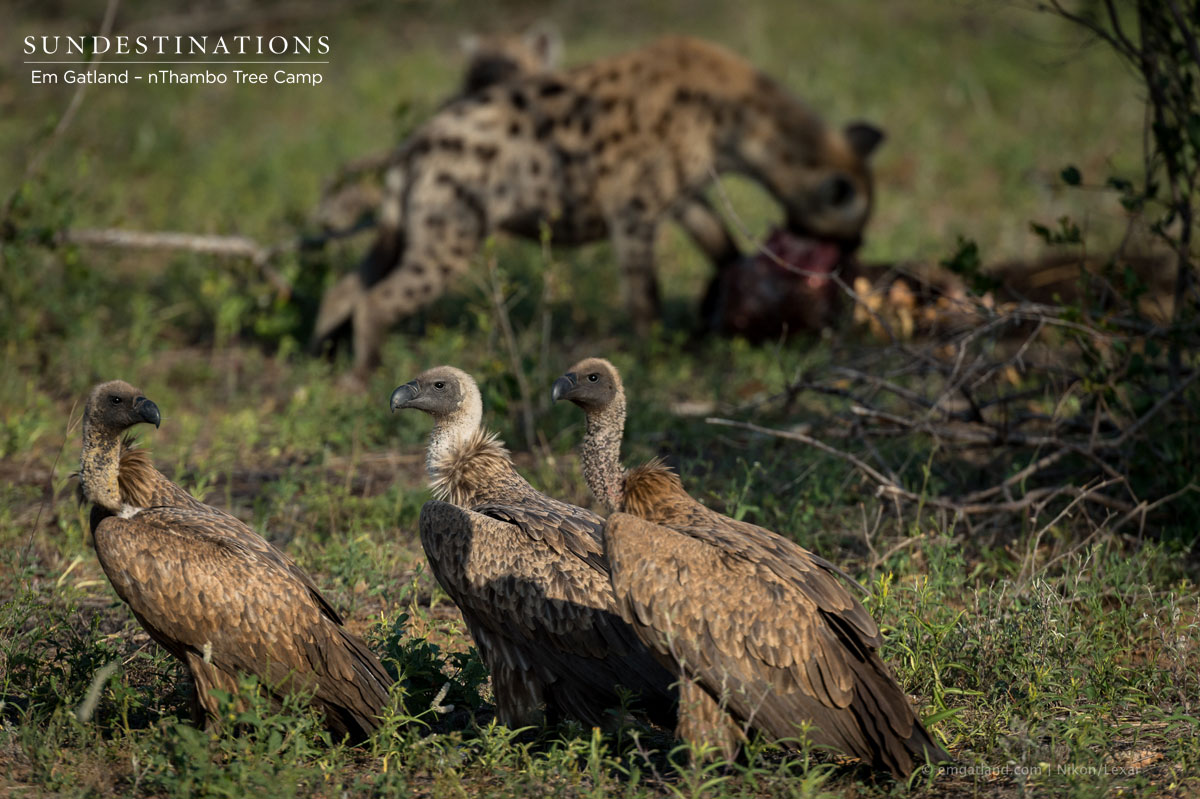
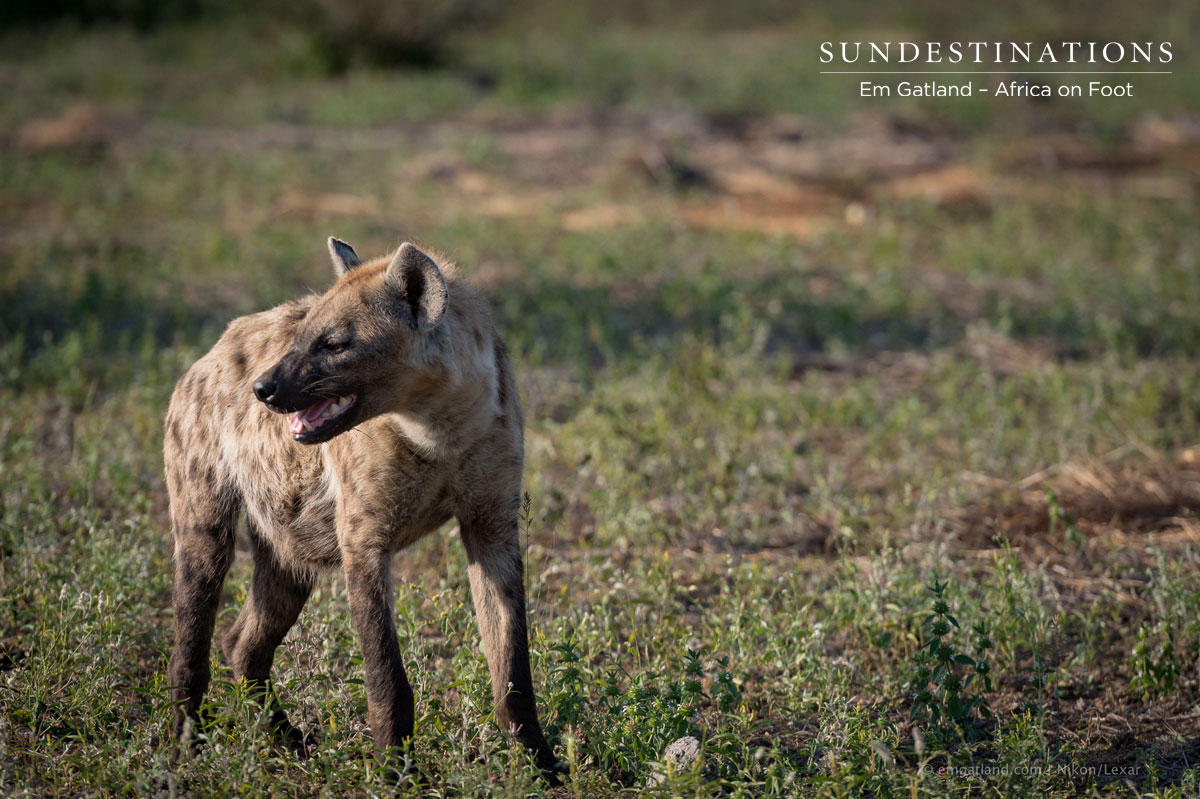
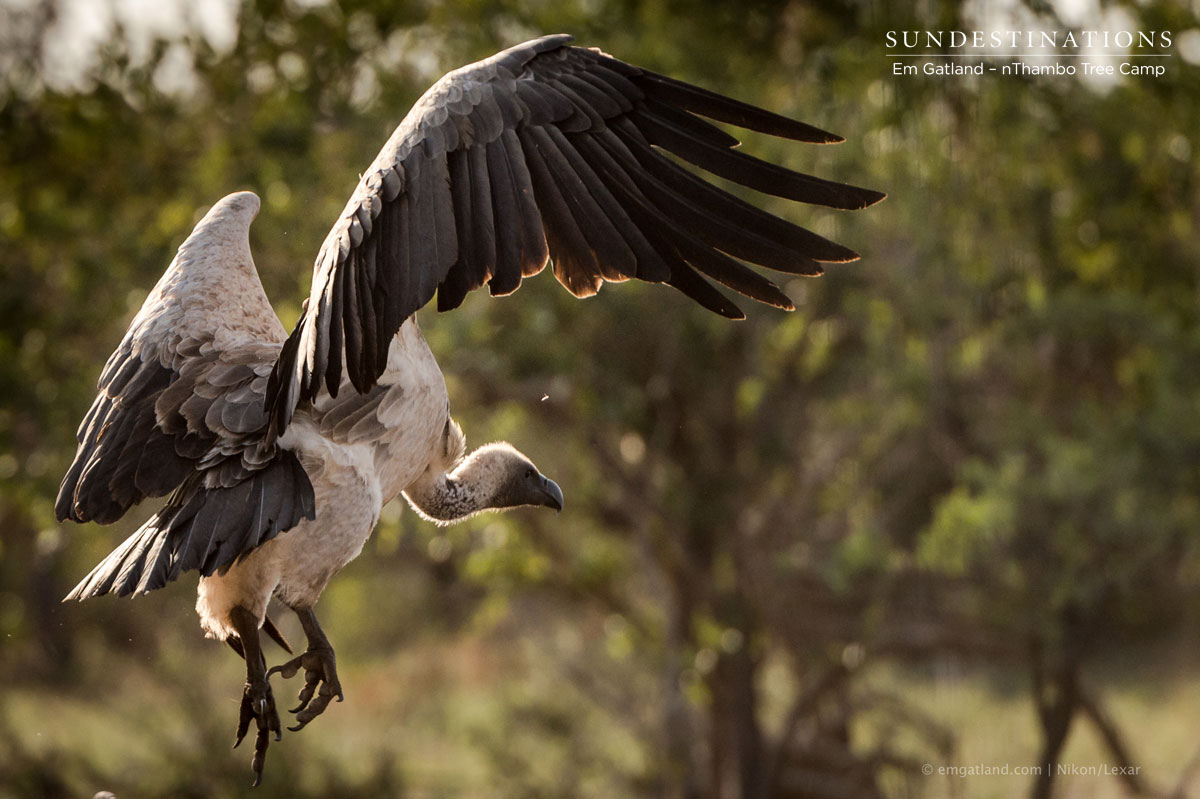
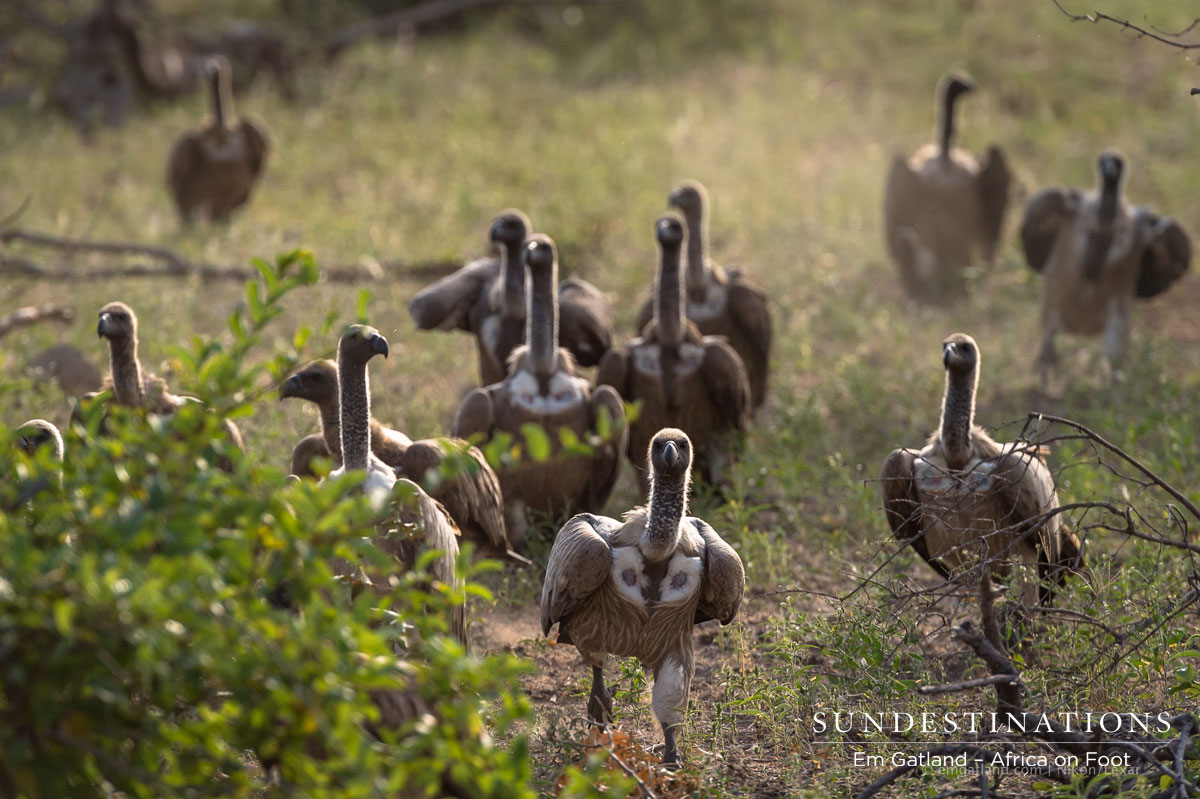
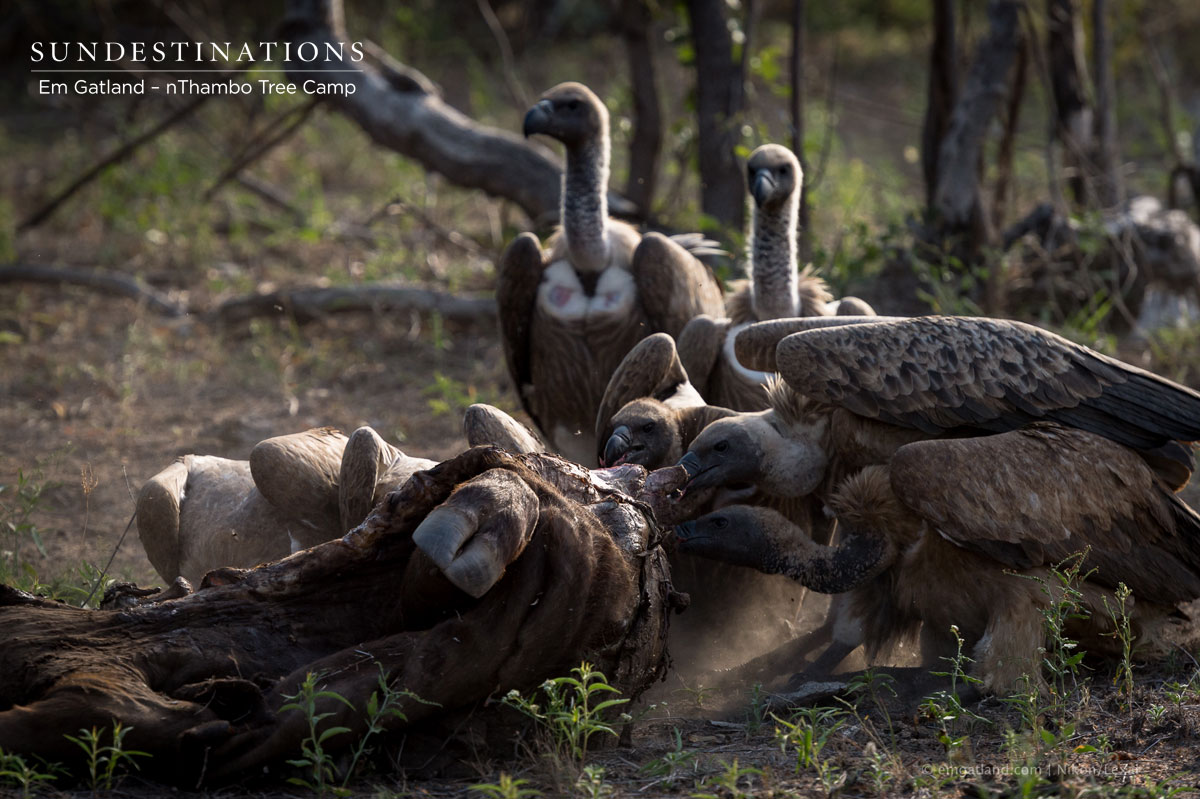
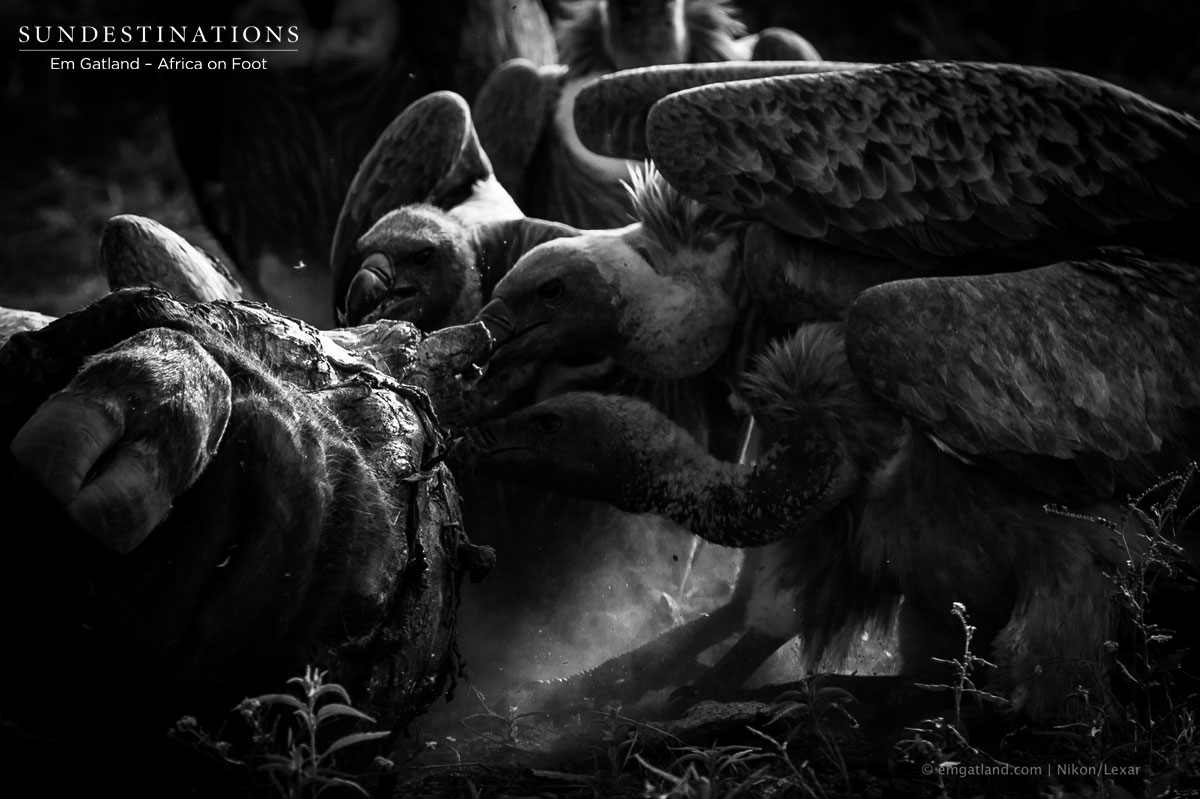
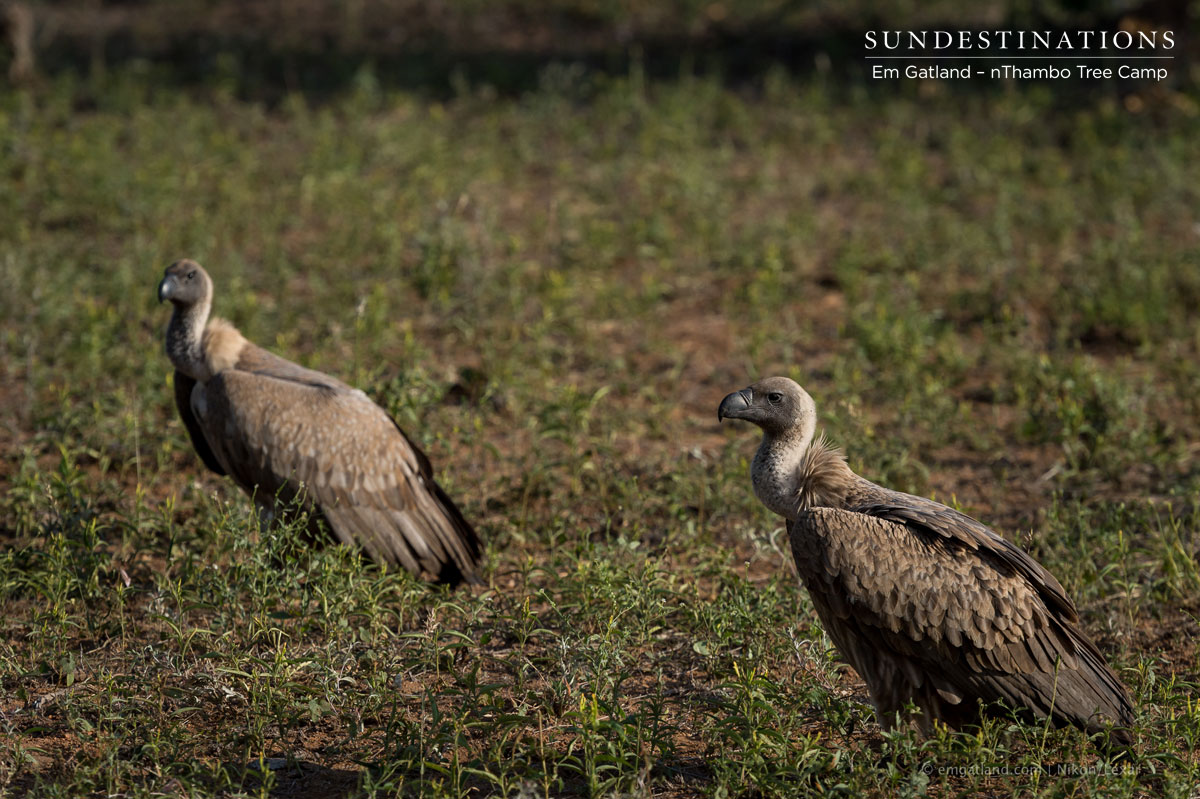
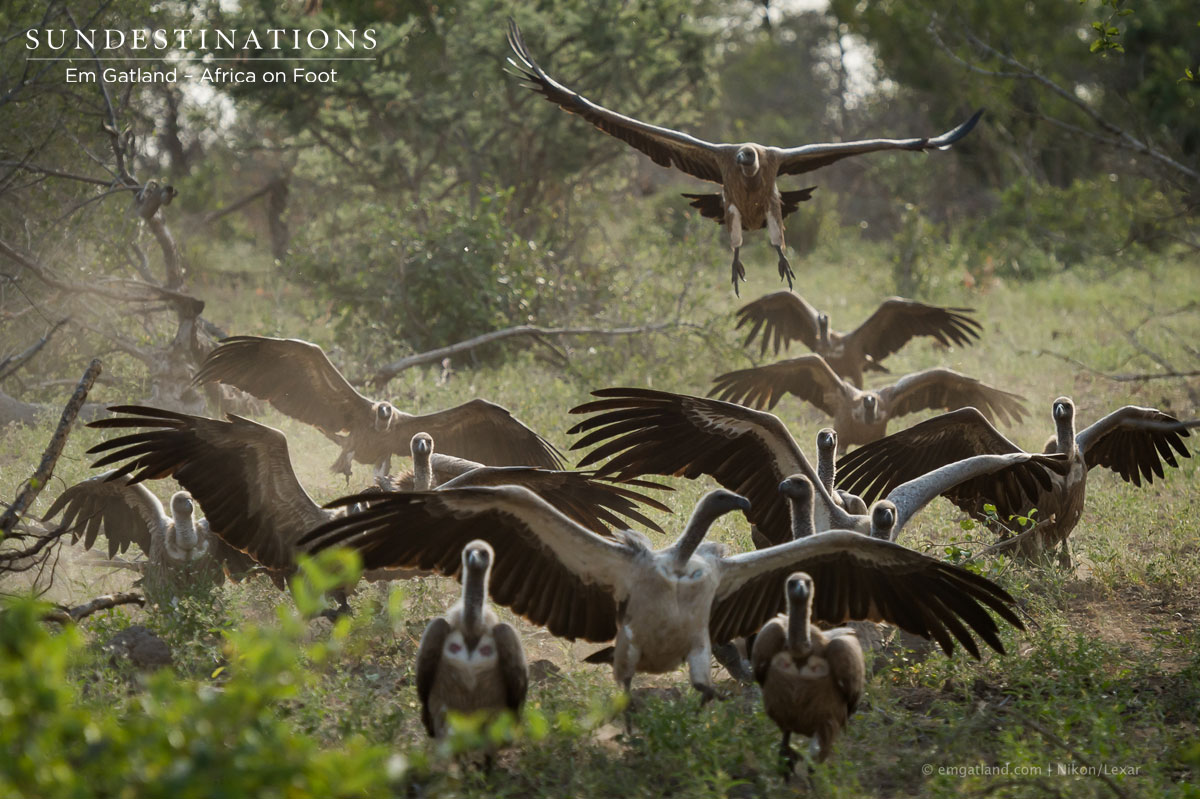
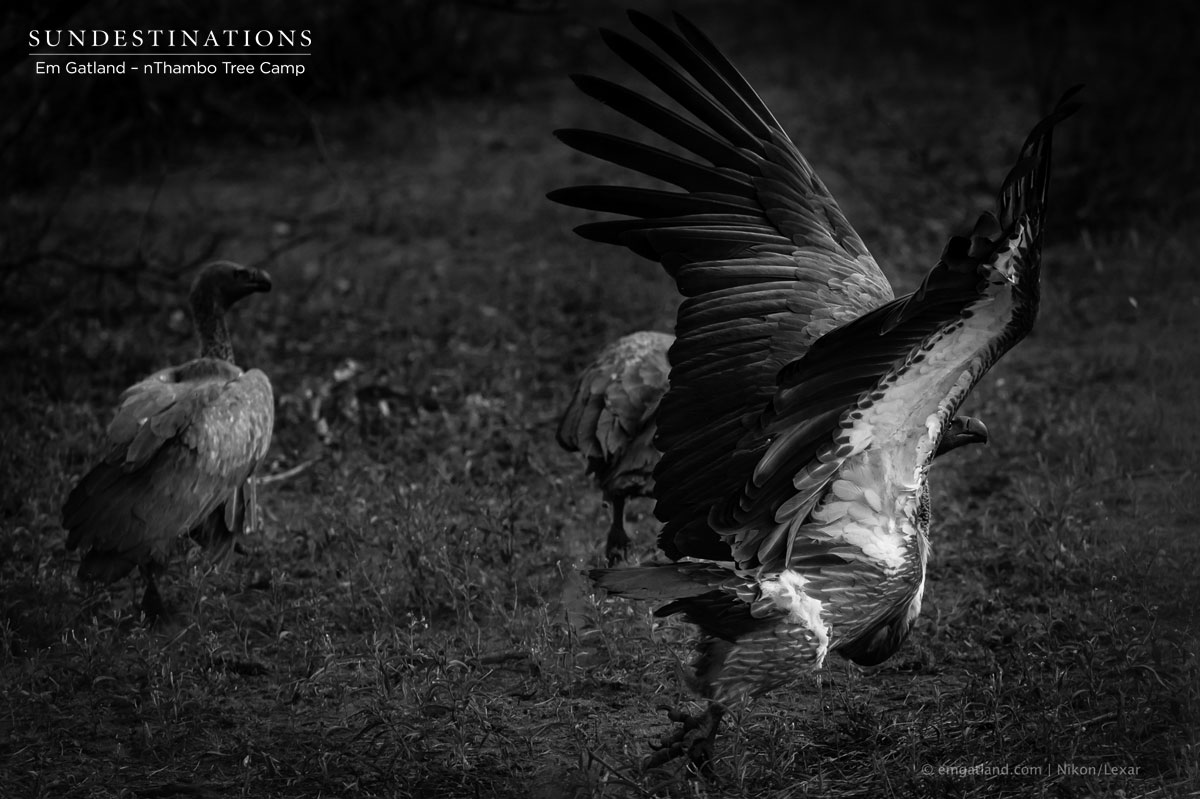
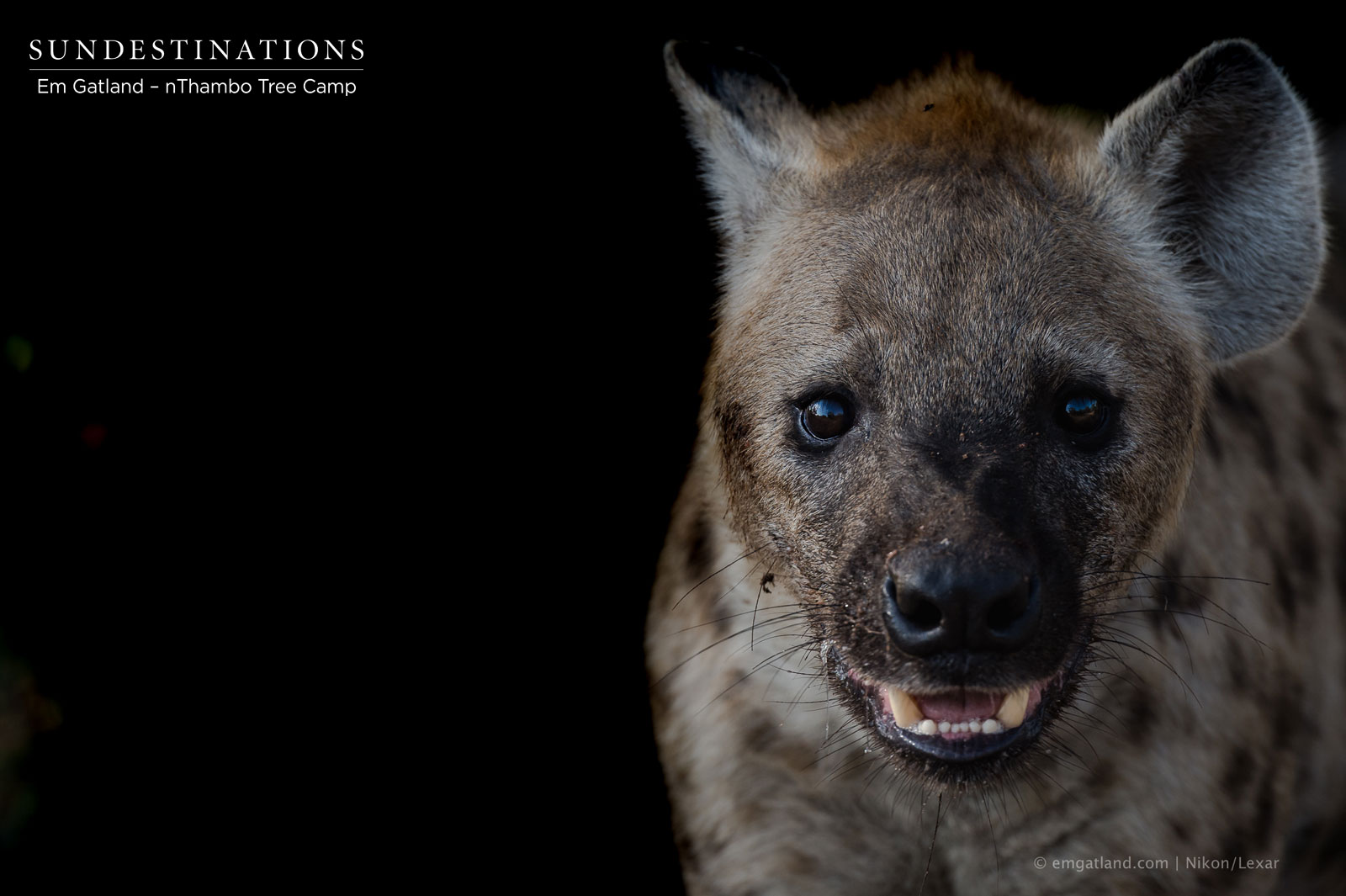
Leave a Comment